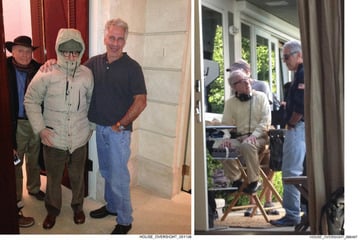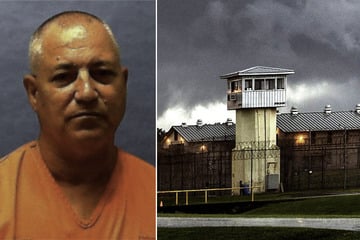Ghislaine Maxwell's lawyers want a retrial after juror's big admission
New York, New York - Ghislaine Maxwell’s legal team is calling for a new trial after one of the jurors who convicted her last week of five of six counts related to child sex trafficking told reporters that he was a victim of sexual abuse and had convinced other jurors to issue the verdict.
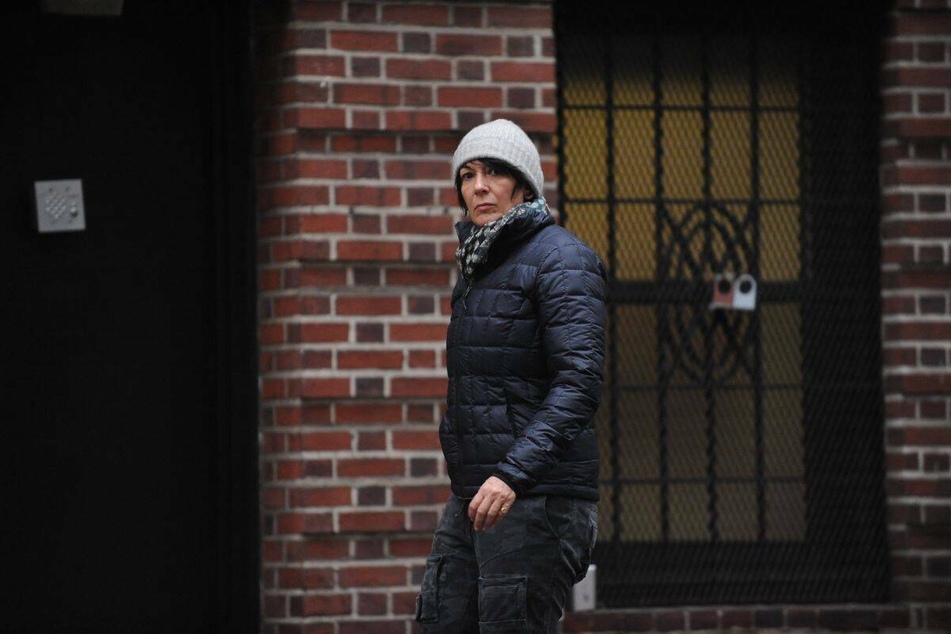
Earlier, federal prosecutors who had presided over the case had asked US District Judge Alison Nathan to conduct an inquiry into the juror’s statements and hold a hearing in a month. They also asked that the court ask the juror if he would like the court to appoint him a lawyer.
In a subsequent letter, a member of Maxwell’s legal team requested that Nathan call for a new trial "without any evidentiary hearing," writing that they believed the statements by the juror, the questionnaire, and "other non-controverted facts" should be deemed sufficient basis for a new trial.
"It is clear to Ms. Maxwell that based on this record alone a new trial is required," wrote attorney Jeffrey Pagliuca.
In an order, Nathan reserved judgment on whether she believed an inquiry into the juror’s behavior was necessary, but directed Maxwell’s team to submit a motion requesting a new trial in two weeks, with responses by each side to follow. She also granted prosecutors’ request to offer the juror a court-appointed lawyer.
An attorney, Todd A. Spodek, later filed a notice that he would be representing the juror, identified as "JURY NUMBER 50."
Second juror also comes forward
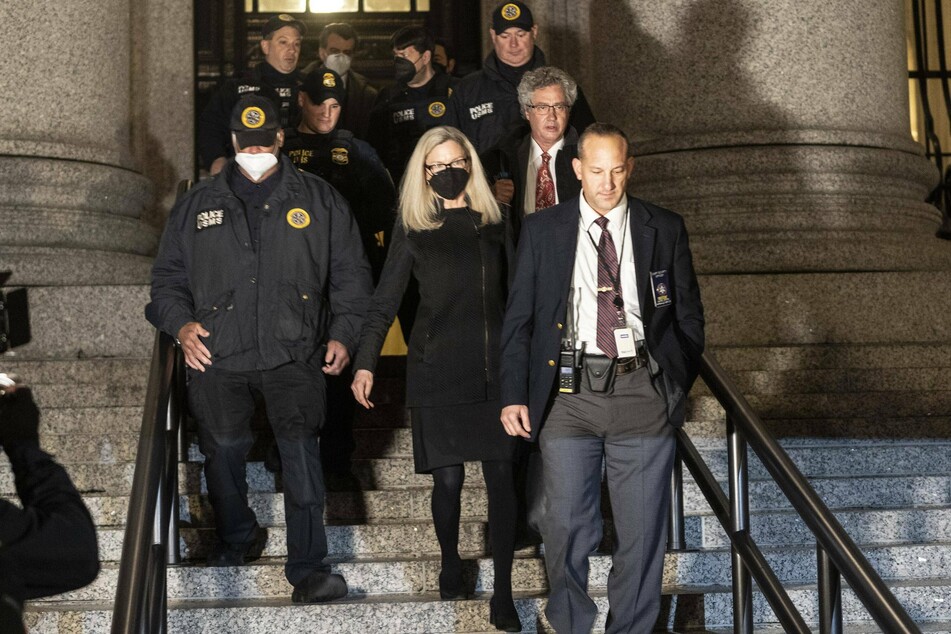
At issue is whether the juror had indicated that he was a victim of sexual abuse, as all potential jurors were asked on their juror questionnaire, under the penalty of perjury. During the jury selection process, prosecutors and defense attorneys can request to remove potential jurors they believe would be biased.
The juror, who asked to be identified by his first and middle names Scotty David, first spoke with the Independent newspaper and later told Reuters that he "flew through" the juror questionnaire and did not recall any follow-up questions about sexual abus, but that he would have answered honestly about his experiences.
Questioning of Juror No. 50 showed that he was asked 46 questions by Nathan, none of which were related to sexual abuse. He indicated that he knew who Maxwell was from news reports after the death of Maxwell’s ex-boyfriend Jeffrey Epstein, who was accused of abusing hundreds of girls.
But when asked whether he could put aside anything "he had read or heard about Ms. Maxwell" and decide the case based solely on what was presented at trial, he said, "Absolutely."
Nathan’s final question was, "Other than what I have asked you, do you have any reason to think that you can’t be fair and impartial here?"
The juror responded, "I do not."
Maxwell’s team and the federal prosecutors had no additional questions for him.
A second juror later told The New York Times that they had also been a victim of sexual abuse.
A smoking gun? Not necessarily
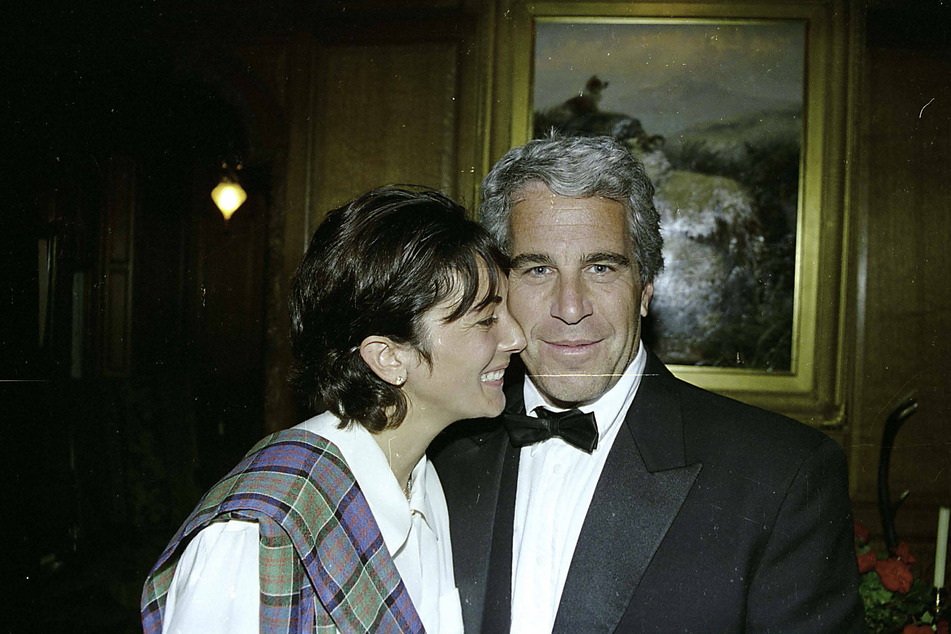
Maxwell attorney Christian Everdell wrote, in a heavily redacted letter, that the revelation by the first juror "presents incontrovertible grounds for a new trial."
Legal experts say not necessarily.
David S. Weinstein, a former federal prosecutor, said it depends on what the juror answered on his questionnaire and what his intentions were and, if he did not indicate that he had been a victim of sexual abuse, whether the omission was intentional.
"This is not the smoking gun, the shot to the center of the bull's-eye that everyone thinks it is," he said.
Jurors were asked on the questionnaire, "Have you or a friend or family member ever been the victim of sexual harassment, sexual abuse, or sexual assault?"
If the juror had checked that he had been a victim and was selected as a juror anyway, Weinstein said he doesn’t believe Maxwell would have much of a case for requesting a new trial or getting the verdict thrown out on appeal. Prior experiences don’t automatically disqualify jurors.
However, if he did not indicate that he had been a victim of abuse, it would come down to a question of whether he had deliberately withheld the information. If the omission was unintentional, Weinstein said he thought Maxwell’s team would still face an uphill battle to get the verdict thrown out. If it was deliberate, however, he thinks it will likely lead to a new trial.
Maxwell has maintained her innocence and her family and legal team indicated that they were already at work on an appeal of the conviction before the juror’s revelations.
If the verdict is upheld, Maxwell faces the prospect of decades in prison. Prosecutors said that she had recruited four girls – two as young as 14 – to be sexually abused by Epstein.
Cover photo: IMAGO / ZUMA Wire
